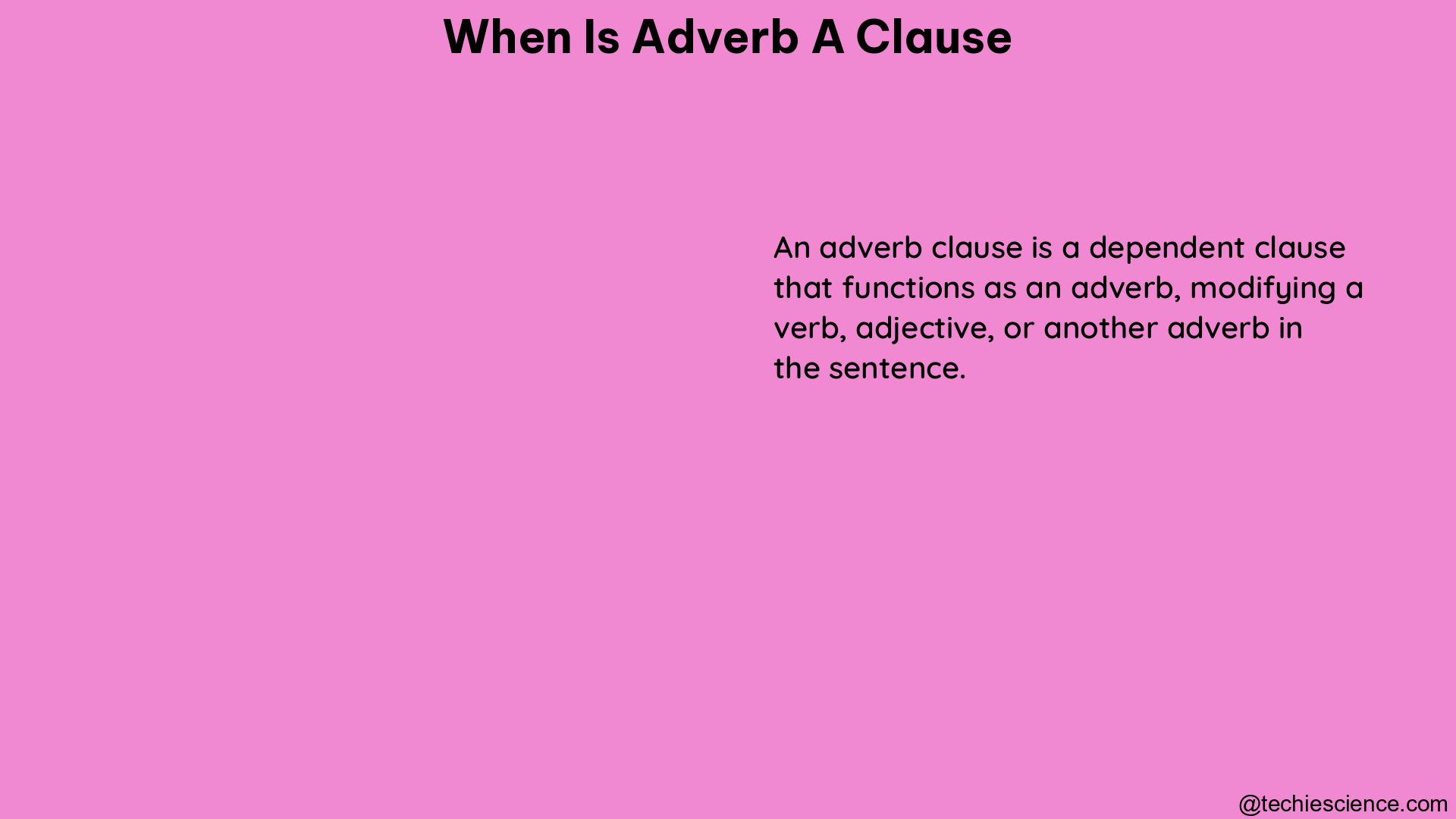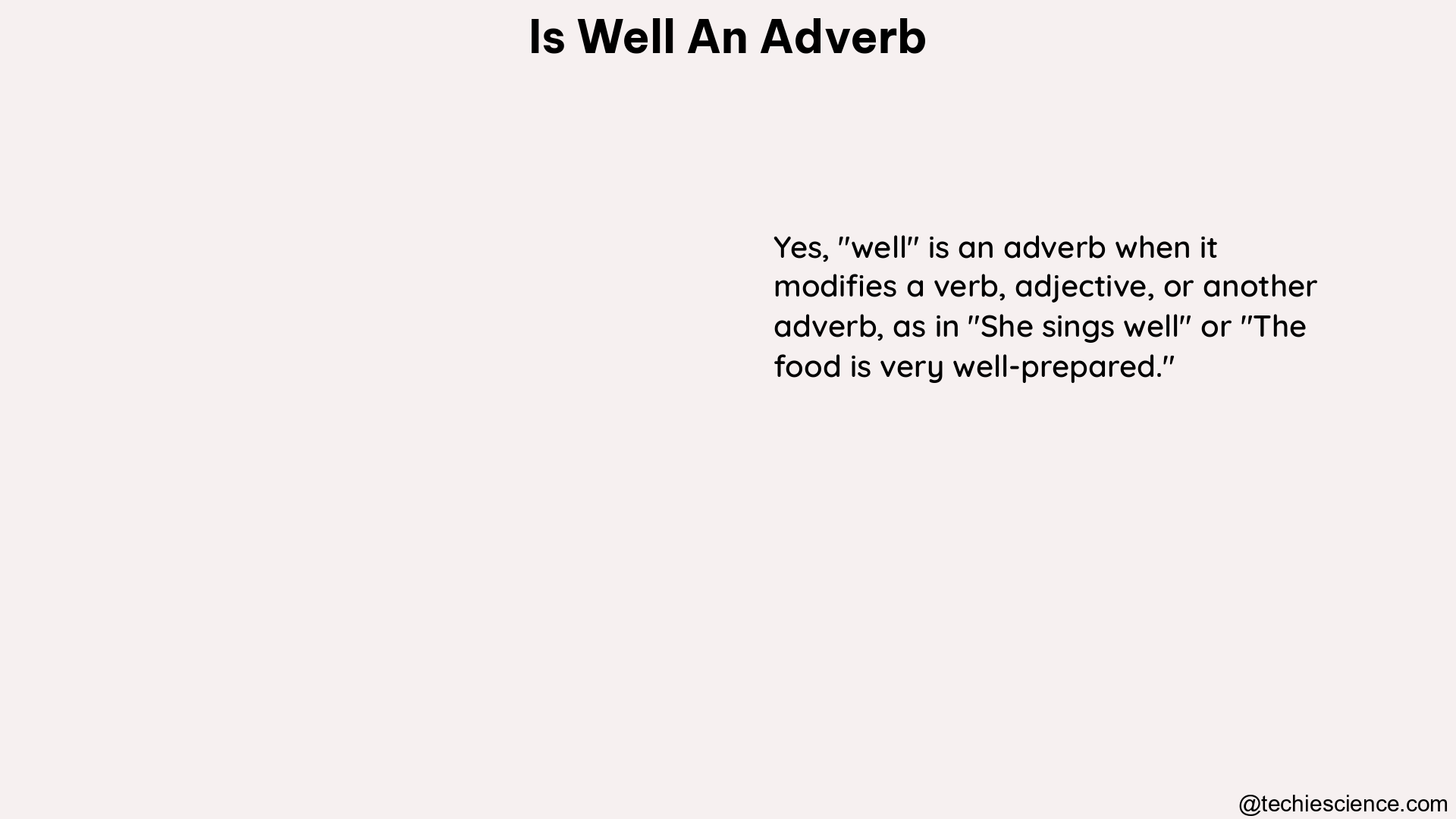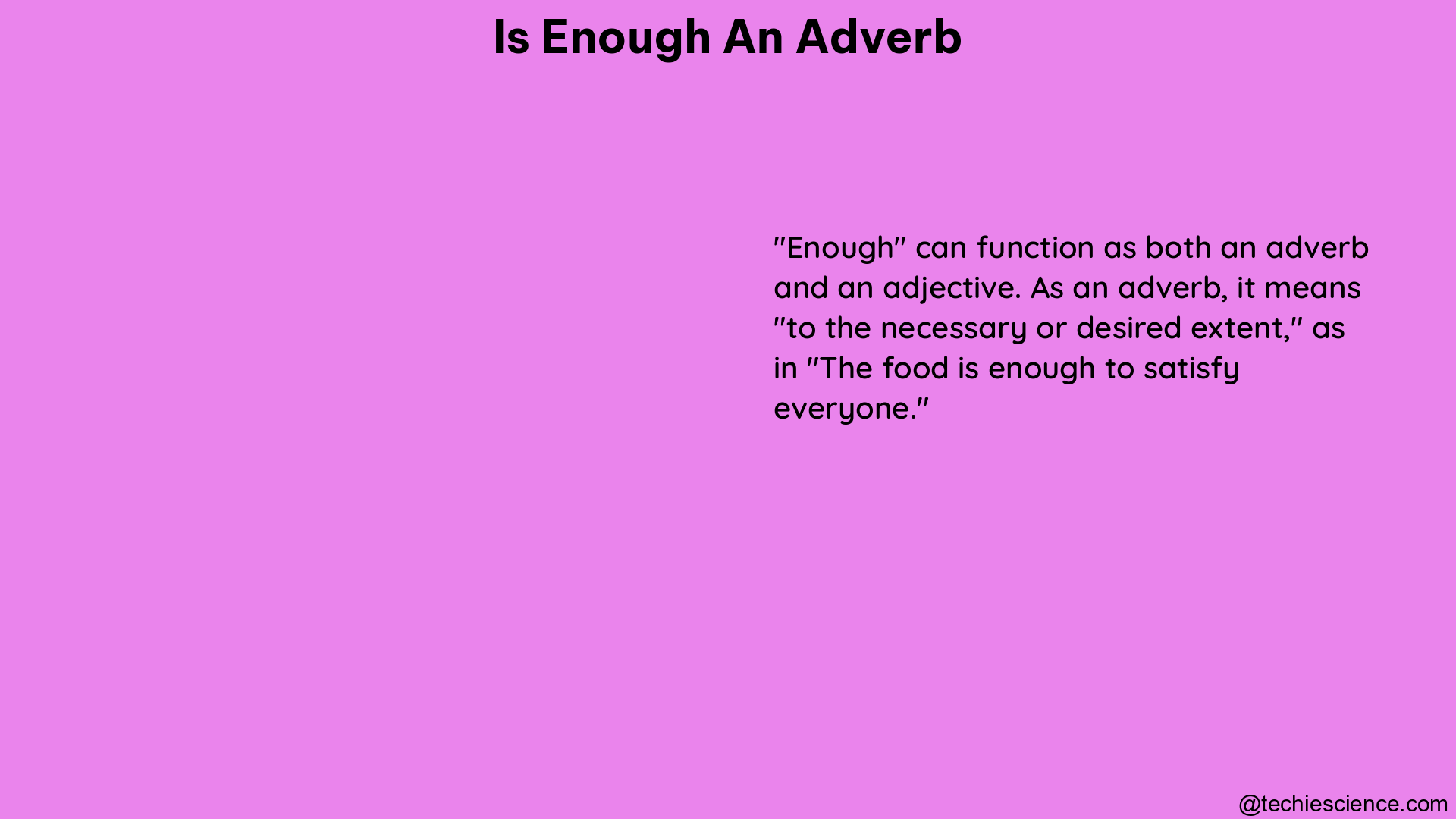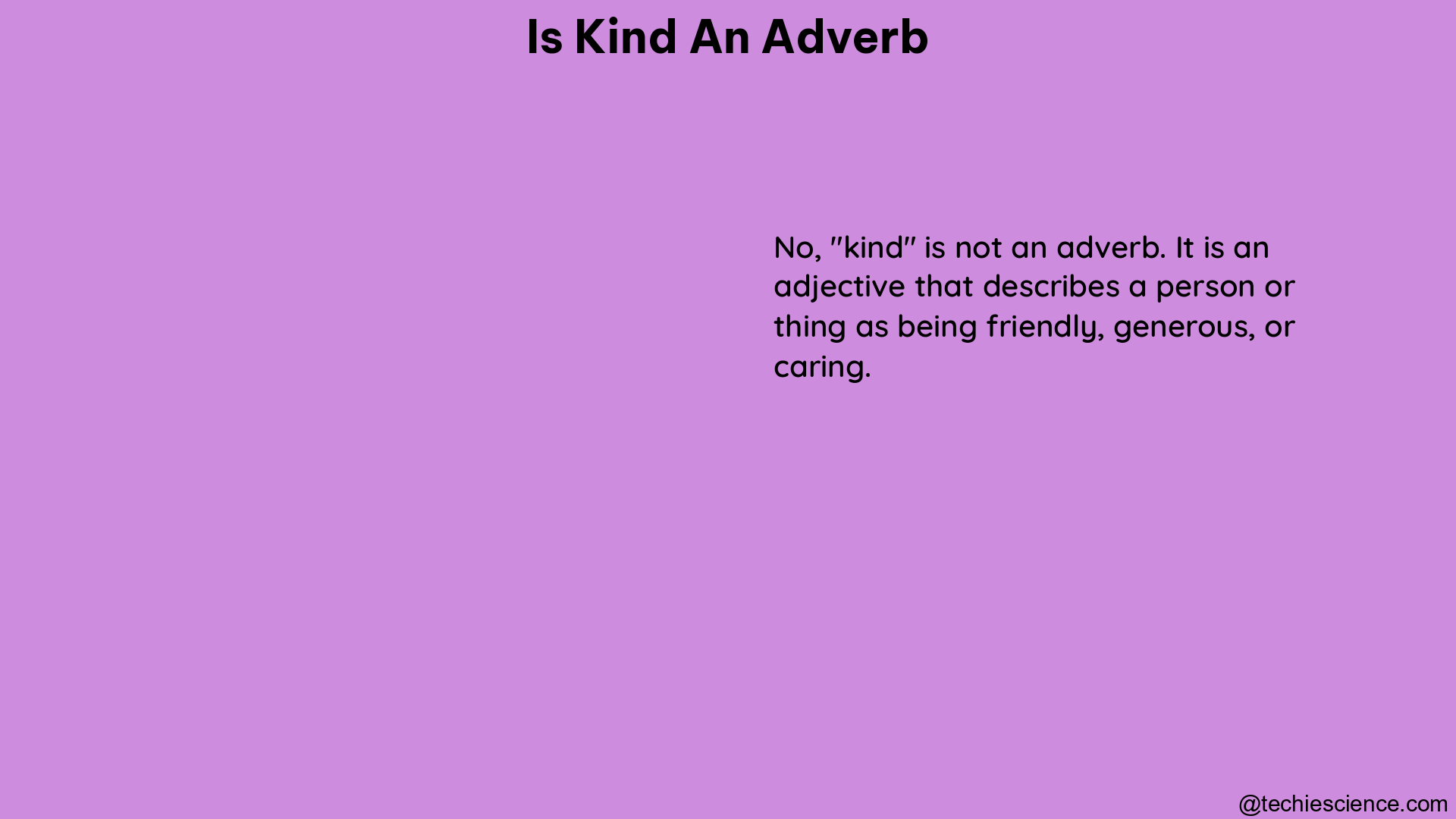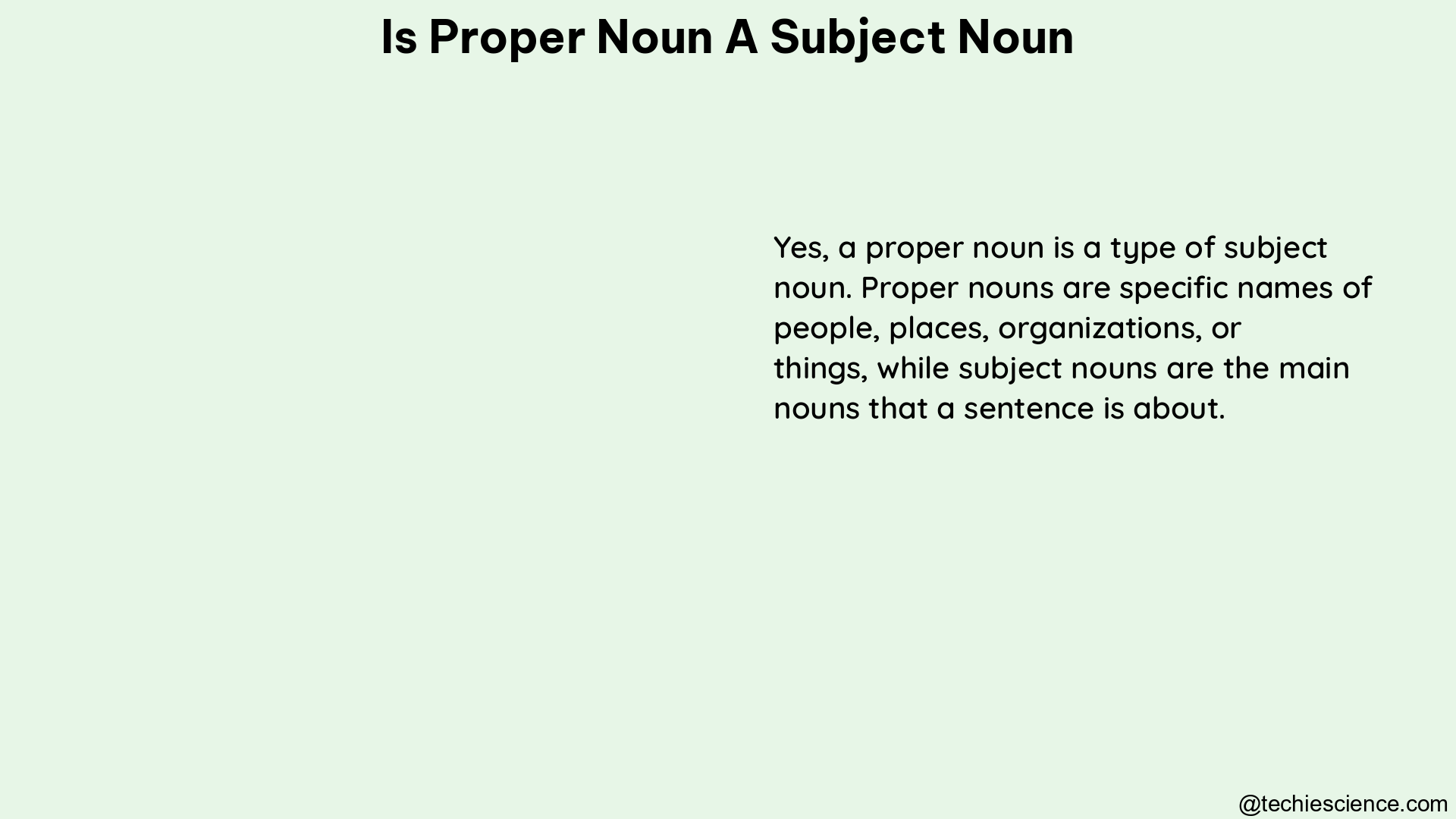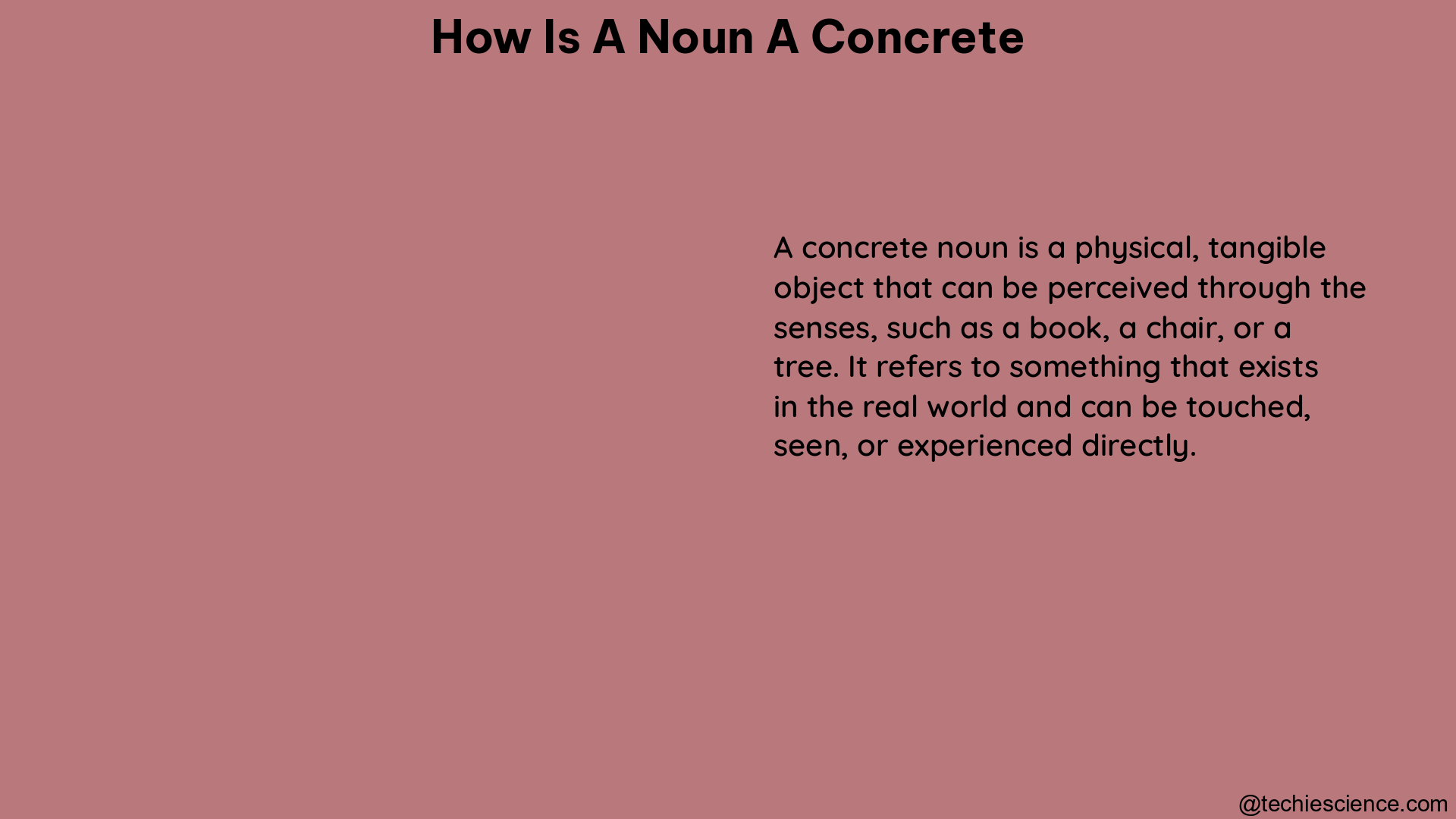This article is about 44 useful common adjective examples. The readers will get enough knowledge through many examples and their detailed explanations.
Common adjectives are grammatical parts of speech that are used to describe nouns (persons, places, things, animals or ideas). Common adjectives typically answer the questions ‘which one? What kind? How many? How much? etc.
What are common adjectives?
Common adjectives are the adjectives that we use to describe or qualify the nouns or the pronouns in a general way. These adjectives are not begun with capital letters. We use capital letters when we use the adjectives in the beginning of the sentences.
Some examples of common adjectives are excellent, able, clear, easy, free, full, hard, important, little, loud, possible, good, bright, nice, right, strong, whole, charming, kind, clean, special, small, long, honest, brave, clean, dull, foolish, friendly etc.
.Common adjective sentences:
- 1. The funny teacher teaches the students in an interesting way.
- 2. We live in a very beautiful house.
- 3.The girl has bought some fresh fruits from the market.
- 4. Monalisa had a nice dress at the party last night.
- 5.My friends laughed at my silly face.
- 6. The intelligent boy stood first in the class.
- 7. The clever man managed to get some food.
- 8. The new computer works very well.
- 9. My sister is a very hard-working girl.
- 10. The delighted family members are going on a tour to Mushidabad.
- 11. You have made a silly mistake.
- 12.Darjeeling is very cold in winter.
- 13. Mr. Bose is an interesting person.
- 14. When I was young I was able to stand on my head.
- 15. The weather is clear today.
- 16. Canada is a huge country with quite a small population.
- 17.Tiger is a ferocious animal.
- 18. We have too little experience of the matter.
- 19.This is going to be a long drive.
- 20. My brother looks very weary now.
- 21. I need a small cup of coffee in this cold weather.
- 22. He gave me a special gift on my birthday.
- 23. He has taken a strong decision against opponents.
- 24.It is true that you always did well in the class.
- 25. Did you eat the whole bread?
- 26. My father is an early riser.
- 27. Rambabu is an honest man.
- 28. My dog is very brave.
- 29. Babies are charming flowers.
- 30. We need a clean table.
- 31. The sky is cloudy today.
- 32. Sumana is a bright student in the class.
- 33. The film was very dull.
- 34. Suman is a foolish boy.
- 35. My mother welcomed us with a friendly smile.
- 36. We ate some delicious dishes at the fair.
- 37. The woman purchased an expensive golden ring.
- 38. During floods people become helpless.
- 38. During floods people become helpless.
- 39. The weather is ideal for playing cricket.
- 40. His uncle is both treatable and kind.
- 41. I am so lucky to be your son.
- 42. Try to write in plain English.
- 43. His birthday was enjoyable to us.
- 44. The hungry boys stare at the food.
- 45. We went to a long drive.
Detailed explanations:
Ex- The funny teacher teaches the students in an interesting way.
Explanation-In this example the word ‘funny’ is a common adjective that describes the noun ‘teacher’.
Ex- We live in a very beautiful house.
Explanation- In the above example the word ‘beautiful’ is an adjective. It qualifies the noun ‘house’.
Ex- The girl has bought some fresh fruits from the market.
Explanation- The above sentence contains an adjective. The adjective is ‘fresh’. It is a common adjective that qualifies the noun ‘fruits’.
Ex- Monalisa had a nice dress at the party last night.
Explanation- In the above sentence the word ‘nice’ has been used as an adjective. It is a common adjective that qualifies the noun ‘dress’.
Ex- My friends laughed at my silly face.
Explanation-In this example the word is a common adjective. It qualifies the noun ‘face’.
Ex- The intelligent boy stood first in the class.
Explanation-In this example the word ‘intelligent’ comes under a common adjective. It has been used to describe the noun ‘boy’.
Ex- The clever man managed to get some food.
Explanation- In this example the word ‘clever’ is a common adjective that has been used to qualify the noun ‘man’.
Ex- The new computer works very well.
Explanation-Here the word ‘new’ is a common adjective that is used to qualify the noun ‘computer’.
Ex- My sister is a very hard-working girl.
Explanation- In the above sentence the word ‘hard-working’ is a common adjective that is used to qualify or describe the noun ‘girl’.
Ex- The delighted family members are going on a tour to Murshidabad.
Explanation- In this sentence there is a word delighted. It is a common adjective that has qualified the noun ‘family’.
Ex- You have made a silly mistake.
Explanation-In the example there is a common adjective i.e. ‘silly’. It is used here to qualify the noun ‘mistake’.
Ex- Darjeeling is very cold in winter.
Explanation- The above sentence deals with a common adjective i.e. ‘cold’. It tells us more about the noun ‘Darjeeling’.
Ex- Mr. Bose is an interesting person.
Explanation- In this sentence the word interesting is a Common adjective. It is used here to qualify the noun ‘person’.
Ex- When I was young I was able to stand on my head.
Explanation- The word ‘young’ is a common adjective. It has been used here to qualify the pronoun ‘I’.
Ex– The weather is clear today.
Explanation-The above example clearly shows that the word ‘weather’ is a noun and it has been qualified by a common adjective ‘clear’.
Ex- Canada is a huge country with quite a small population.
Explanation-In this sentence ‘huge’ is a common adjective that is used here to to qualify the noun ‘Canada’.
Ex- Tiger is a ferocious animal.
Explanation- Here the word ‘tiger’ is a noun and it has been qualified by a common adjective ‘ferocious’.
Ex- We have too little experience of the matter.
Explanation-The above sentence contains a common adjective. The adjective ‘little’ is used to qualify the noun ‘experience’.
Ex- This is going to be a long drive.
Explanation- In the above sentence the word ‘long’ is a common adjective that has been used here to qualify the noun ‘drive’.
Ex- My brother looks very weary now.
Explanation- In this example the word ‘weary’ is a common adjective that has been used here to qualify the noun ‘brother’.
Ex- I need a small cup of coffee in this cold weather.
Explanation- The above example shows that the word ‘small’ is an adjective. It has been used here to qualify the noun cup’.
Ex- He gave me a special gift on my birthday.
Explanation- In the above example the word ‘special’ is an adjective. It has been used here to qualify the noun ‘gift’.
Ex- He has taken a strong decision against opponents.
Explanation- In the above sentence the word ‘strong’ is a common adjective that has been here to qualify the noun ‘decision’.
Ex- It is true that you always did well in the class.
Explanation- In the above sentence the word ‘true’ is a common adjective. The adjective is used to qualify ‘it’.
Ex- Did you eat the whole bread?
Explanation- The above sentence contains a common adjective i.e. ‘whole’. It acts as a qualification of the noun ‘bread’.
Ex- My father is an early riser.
Explanation- In the above sentence the word ‘early’ is a common adjective that is used to qualify the noun ‘riser’.
Ex- Rambabu is an honest man.
Explanation- This is the example where a common adjective ‘honest’ is used to qualify the noun ‘man’.
Ex- My dog is very brave.
Explanation- In this example the word ‘brave’ is a common adjective that acts to qualify the noun ‘dog’.
Ex- Babies are charming flowers.
Explanation- In this example the common adjective charming’ has been used to qualify the noun ‘flowers’.
Ex- We need a clean table.
Explanation- In this example ‘clean’ is a common adjective that has been used to qualify the noun ‘table’.
Ex- The sky is cloudy today.
Explanation- The above example has a common adjective i.e. ‘cloudy’. It is used to qualify the noun ‘sky’.
Ex- Sumana is a bright student in the class.
Explanation- The word ‘bright’ is a common adjective. It is used to qualify the noun ‘student’.
Ex- The film was very dull.
Explanation- In this example the word ‘dull’ is a common adjective that has been used to modify the noun ‘film’.
Ex- Suman is a foolish boy.
Explanation- In this sentence the word ‘foolish’ is a common adjective that has been used to describe the noun ‘boy’.
Ex- My mother welcomed us with a friendly smile.
Explanation- In this example the word ‘friendly’ falls into the category of common adjective. It is used to describe or qualify the noun ‘smile’.
Ex- We ate some delicious dishes at the fair.
Explanation- In this sentence the word ‘delicious’ comes under a common adjective. It has been used to describe the noun ‘dishes’.
Ex- The woman purchased an expensive golden ring.
Explanation- In this sentence the word ‘expensive’ comes under a common adjective. The adjective is used to describe the noun ‘ring’.
Ex- During floods people become helpless.
Explanation- In this sentence the word ‘helpless’ is an adjective that is used to qualify the noun ‘people’.
Ex- The weather is ideal for playing cricket.
Explanation- The above example has a common adjective ‘ideal’ that is used to describe the noun ‘weather’.
Ex- His uncle is both treatable and kind.
Explanation- In this example the words ‘treatable’ and ‘kind’ are common adjectives that are used to qualify the noun ‘uncle’.
Ex- I am so lucky to be your son.
Explanation-In this sentence the word ‘lucky’ has been used as an adjective.It is used to qualify the pronoun ‘I’.
Ex- Try to write in plain English.
Explanation-In this example the word ‘plain’ is a common adjective that has been used to qualify the noun ‘English’.
Ex- His birthday was enjoyable to us.
Explanation- In the above example the word ‘enjoyable’ is a common adjective that has been used to describe the noun birthday.
Ex- The hungry boys stare at the food.
Explanation- In this example the word ‘hungry’ comes under a common adjective that has been used to qualify the noun ‘boys’.
Ex- We went to a long drive.
Explanation- In the above example the word ‘long’ is a common adjective that has been used to describe or qualify the noun ‘drive’.
Use of common adjectives:
We generally use common adjectives before nouns or even after verbs. Wherever we use them our purpose is to qualify the nouns. We can also use them to qualify pronouns. We use common adjectives in today’s speech.
Conclusion
The article will certainly be beneficial to the readers for their better understanding of common nouns. We will get many examples of common adjectives with their explanations.
